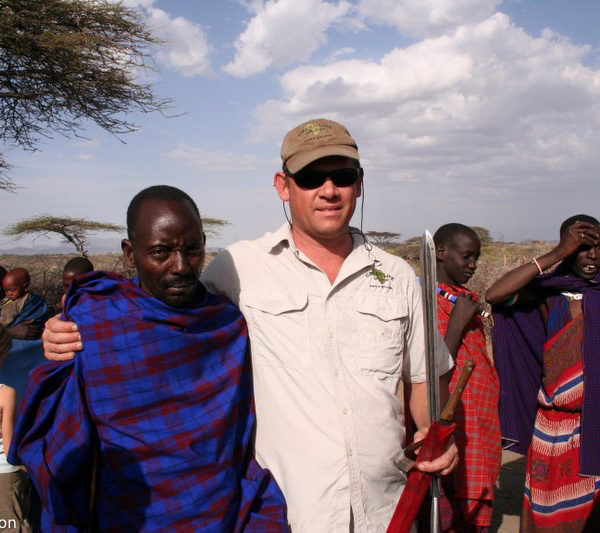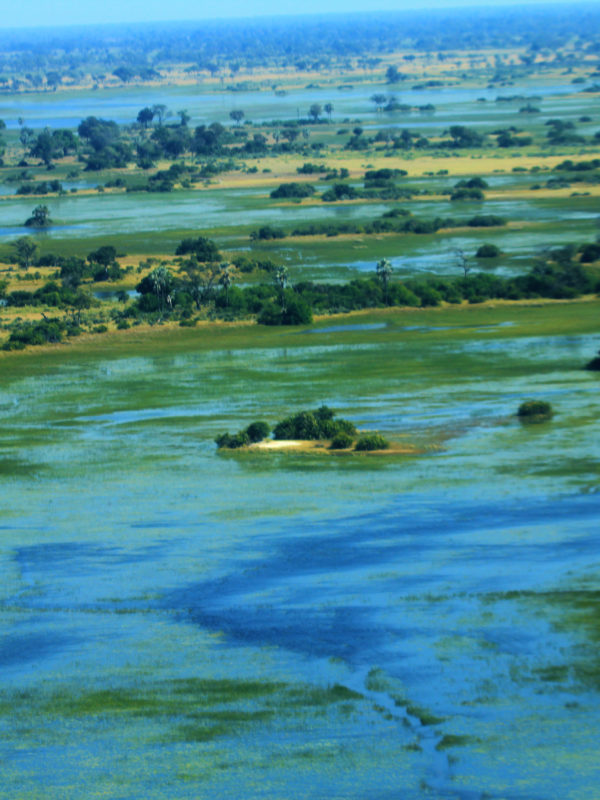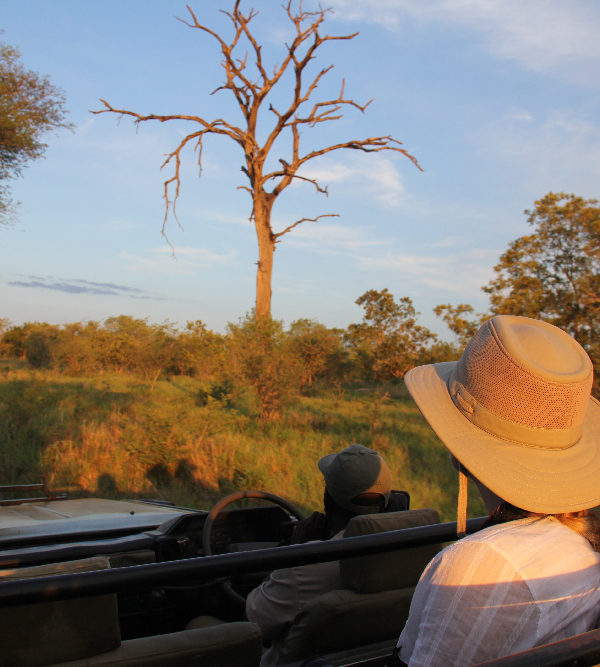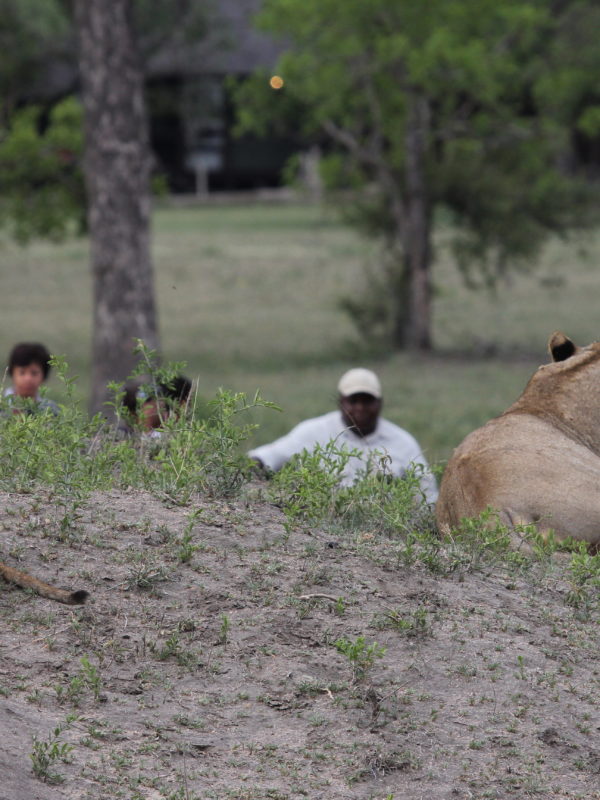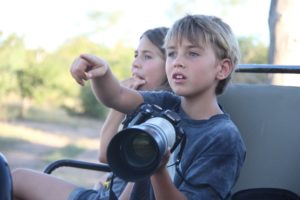ANIMALS & BIRDS
Not only does this reserve boast the ‘Big Five’ but it also has the ‘Super 7’! This adds cheetah and wild dog to the traditional five; leopard, lion, buffalo, elephant and rhino. Plus brown hyena, sable, eland, gemsbok, giraffe and large herds of plains game and plenty of birds.
Wild dogs are a speciality of the area and due to their rarity and fascinating behaviour, are a wonderful sight. They are also known as Cape hunting dogs or painted dogs because of their tricoloured (black, white and tan) abstract coat. Wild Dogs are Africa’s most formidable hunters (followed by hyena and lion), and the essence of their successful social system is co-operative hunting and food sharing. Not only do they regurgitate food for the young but the babysitter gets fed too. They travel great distances while hunting and as a result often traverse farmland where they were almost shot to extinction. Luckily they are thriving in Madikwe.
SEASONS
Rainy Season: it rains from October to April with the highest rainfall expected between November and February. Daytime temperatures are hot and humid with an average of 88°F (31°C).
Dry Season: the winter months of May to September are dry and cold with evening temperatures as low as 35.5°F (2°C) and only 72°F (22°C) in the daytime.
MADIKWE GAME RESERVE SPECIALITIES
· ‘Super 7’ big game animals
· Rare and endangered wild dog
· Few other tourist around
· Small number of select lodges
FACTS
Madikwe is 3½-4 hour’s drive from Johannesburg or 45 minutes by aircraft.
This is not a malarial area.

